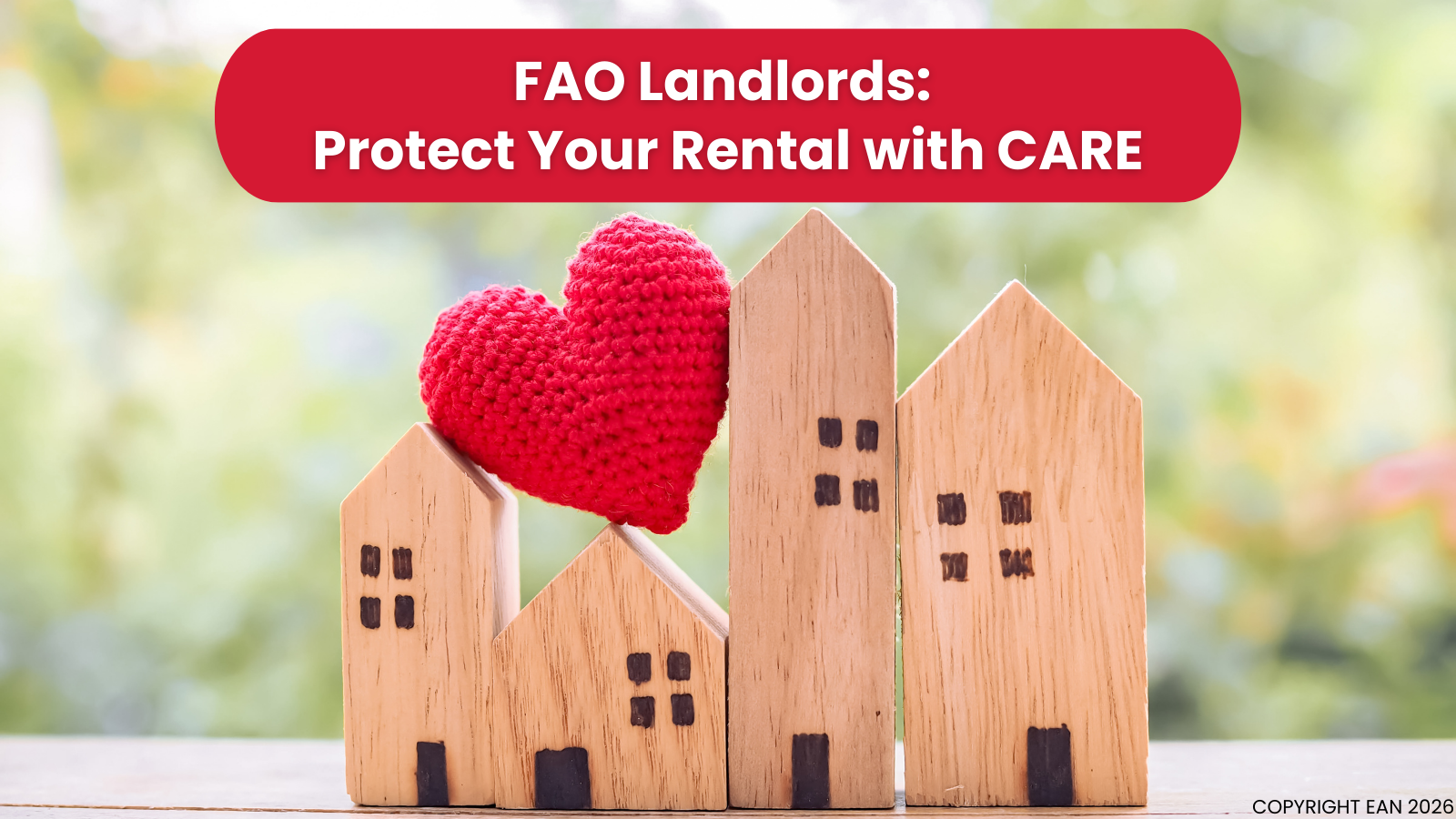Even good landlords with good tenants sometimes receive complaints. Here are some top tips for handling any complaints you might receive quickly and easily.
What do tenants complain about most?
According to the National Residential Landlords Association (NRLA)*, most complaints aren’t actually about major disasters. They’re about small everyday issues. (Things that are pretty straightforward for landlords to sort out, if you’re well organised.)
Key issues highlighted in a report by the NRLA include problems with heat and hot water, leaking pipes and dripping taps, blocked drains, damp and mould, electrical faults like tripping circuits and broken locks.
So put a particular focus on these issues.
Be proactive
Ensure your property is in tip-top condition before each new tenancy. As well as minimising the likelihood of complaints, it should make your property easier to let too. If you’ve been thinking of doing any redecorating or renovation, this is also a good time to do it.
Also, it’s advisable to carry out mid-tenancy checks from time to time.
Often, tenants don’t notice maintenance issues until an emergency arises. Alternatively, they may be reluctant to mention them. Mid-tenancy checks will help you spot problems early.
During mid-tenancy checks keep an eye out for anything that needs immediate attention as well as problems that might need addressing within the next few months.
Another advantage is that planned maintenance is always easier (and often cheaper) than emergency repairs.
Have a system
Determine who’s responsible for addressing a complaint and what should happen next. Have a written complaints procedure.
Make sure your tenant knows who to contact if they have an issue.
Should they contact you directly, or your agent if you have one?
When speaking to tenants, agents or contractors, keep written notes of dates, times and who said what. If a tenant emails or texts you, always acknowledge their message, reply the same way and save a copy.
Be a good listener
Usually, when a tenant complains, it is about something that really concerns or worries them. Often, it might seem a small thing to you, but remember that it is very different for a tenant who has to live with a problem every day.
Speaking to someone face to face, if you can, is usually a very effective way to defuse and resolve complaints.
Listen carefully to what your tenant has to say. Be empathetic and reassure them that you’re taking their concern seriously.
Bear in mind that there are some things that landlords aren’t responsible for. These include, for example, problems with fixtures and fittings that you haven’t provided, or accidental damage caused by a tenant or their visitors.
In these cases, point out as politely as possible that your tenant should resolve these issues themselves. (Be professional, but make it clear you are not responsible for resolving the problem or concern that has arisen.)
A stitch in time saves nine
It’s obvious, but it is often overlooked: The more quickly a complaint is resolved, the smaller the problem it will be.
Get started on resolving the situation immediately if you can.
Prioritise your response to complaints based on their urgency. If there’s a health and safety issue, the problem should ideally be fixed immediately or within 24 hours at most. If it’s a less serious issue, then resolving it within 10-14 days is a target to work towards.
Keep everyone in the loop
Let your tenant know how the problem will be resolved and when.
If, for example, you’ve arranged a contractor to carry out a repair, let the tenant know who will be calling, when, and what they will be doing.
Follow up afterwards with both the tenant and the contractor to make sure the issue has been resolved.
If there’s a problem or a delay, let the tenant know and give them a new estimate of when things will be fixed. Most people are understanding if they know the landlord is taking steps to rectify the issue. As always, communication is key; tenants will be keen to know what’s going on and when they can expect a resolution.
We hope you’ve found these tips handy. If you’d like to know more about how our letting and management services can make your landlord life easier, please don’t hesitate to get in touch.
If you know a landlord who would find this guide useful, please share it with them.
* Source: NRLA report


 4 minute read posted by
4 minute read posted by 



Share this with
Email
Facebook
Messenger
Twitter
Pinterest
LinkedIn
Copy this link